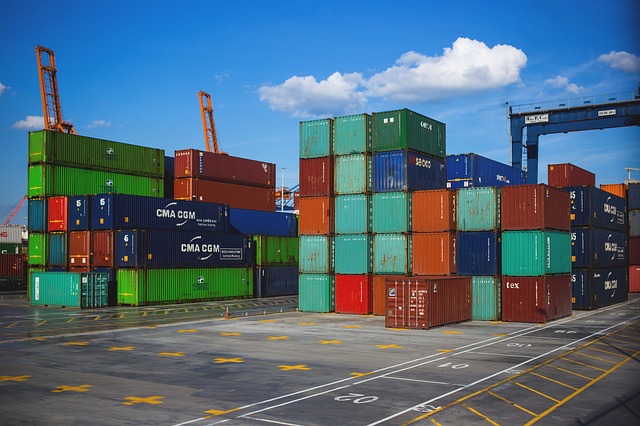The World Customs Organization (WCO) is urging the enhanced facilitation of ATA Carnet procedures considering that some delays in re-exporting temporarily imported goods are entirely due to the COVID-19 pandemic.
WCO Secretary General Dr. Kunio Mikuriya on March 20 asked contracting parties to provide sufficient facilities for ATA Carnet holders and representatives to re-export temporarily imported goods without unexpected additional costs if delays in re-exporting were due to preventive measures taken by governments against the spread of the COVID-19 virus.
This appeal was made in consultation with the International Chamber of Commerce (ICC), given that many national guaranteeing associations (NGAs) have recently raised concerns that the preventive measures implemented might cause delays in the re-exportation of goods imported using ATA Carnets.
ICC is the international organization administering the ATA Carnet international guaranteeing chain.
First issued in the 1960s, the ATA Carnet also known as the “Merchandise Passport” or the “Passport for Goods,” has become globally recognized as an ideal trade facilitation tool dedicated to the temporary admission of goods.
With ATA Carnet, salesmen, exhibitors, and other business travellers can make advance customs arrangements at a predetermined cost, visit several countries, use the ATA Carnet for several trips during its one-year validity, and return to their home country with their goods without problems or delays.
The ATA Carnet system is currently in force in 78 countries. Around 185,000 ATA Carnets were issued in 2017 alone—covering goods valued at US$26 billion.
Mikuriya said that with the current strict quarantine and lockdown measures applied globally, Carnet holders and representatives in affected countries and cities are experiencing challenges in reexporting temporarily imported goods within the requisite time period.
“Some holders and representatives are unable to leave their homes or hotels, making it impossible for them to complete Customs clearance formalities and have their goods leave the country on time,” he said.
The delivery of replacement Carnets is also proving challenging, given the potential suspension of, or delays, in postal services, he said.
More importantly, some customs administrations do not accept replacement ATA Carnets for extension purposes.
Saying the Temporary Admission Conventions do not preclude providing greater facilities to Carnet holders and representatives, Mikuriya asked contracting parties to consider ways to enhance facilitation of ATA Carnet procedures during the COVID-19 pandemic.
The Temporary Admission Conventions include the Convention on Temporary Admission, commonly referred to as the Istanbul Convention, and the Customs Convention on the ATA Carnet for the temporary admission of goods, commonly referred to as the ATA Convention.
Mikuriya said that such facilitation measures would be consistent with World Health Organization (WHO) recommendations for international traffic in relation to the COVID-19 pandemic, as well as with the WCO Communiqué on the coronavirus pandemic, seeking to minimize trade restrictions to countries experiencing COVID-19 outbreaks.









